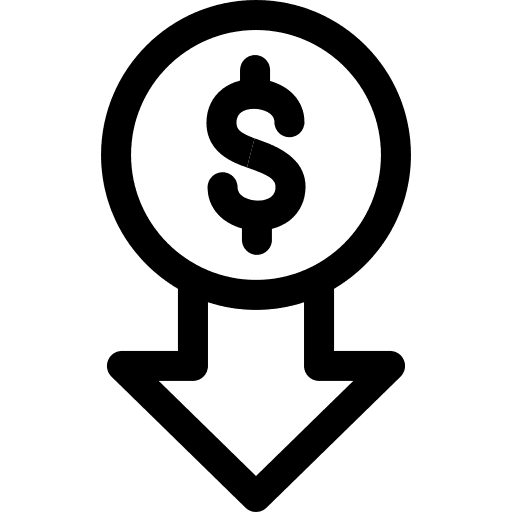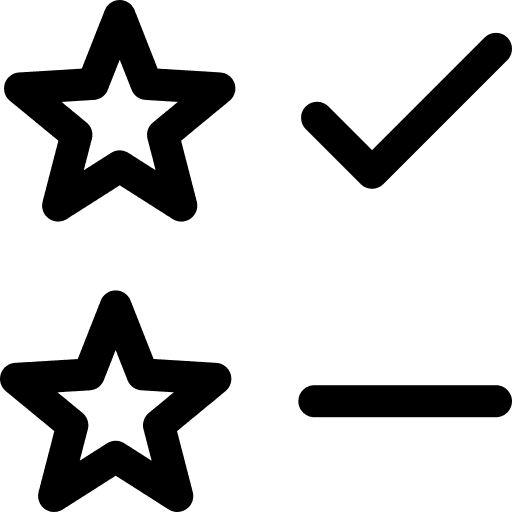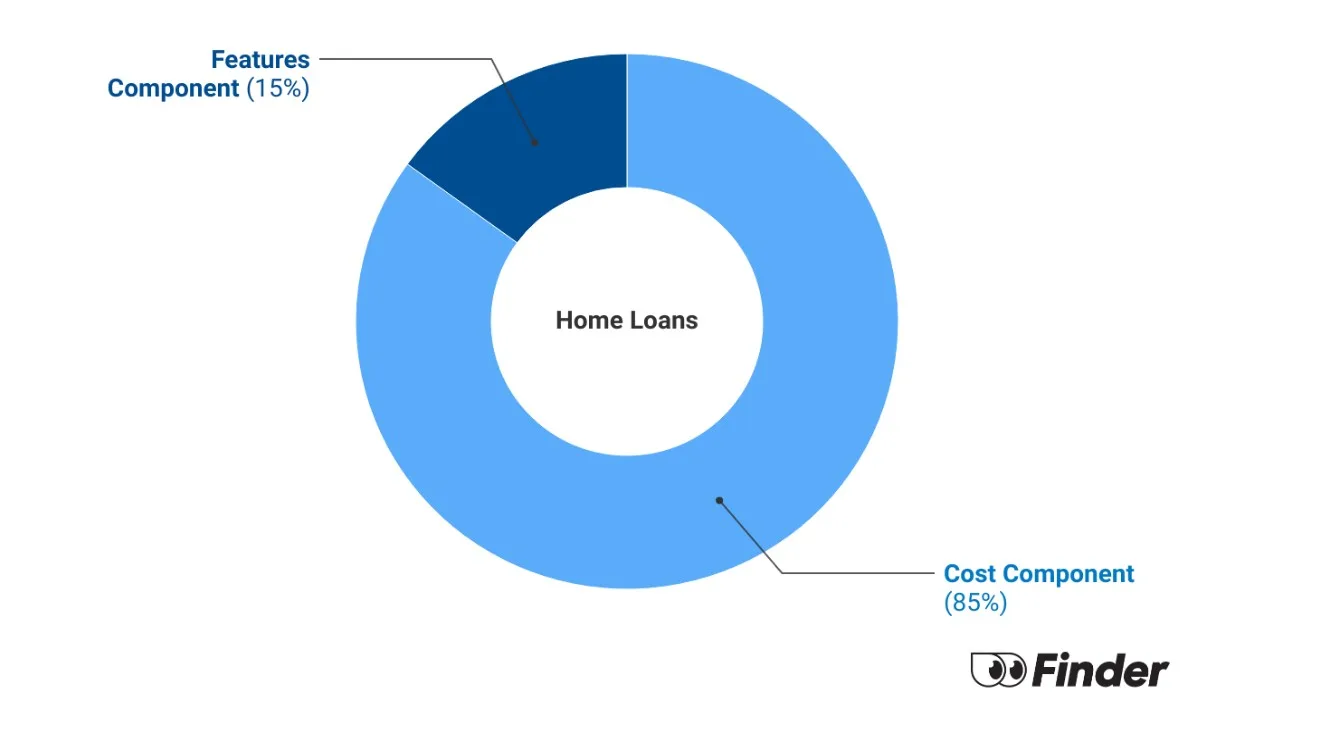Compare other products
We currently don't have that product, but here are others to consider:
How we picked theseKey takeaways
- You can compare 1-year fixed rate loans in the comparison table.
- Fixed rate loans can be expensive to break, but with a 1-year fixed period break costs are much lower.
- Due to the uncertainty of rate movements over the next year, 1-year fixed rates aren't necessarily the cheapest but they are still lower than most variable rates.
How does fixing a home loan for 1 year work?
With a fixed rate home loan, your rate doesn't change during the fixed period. After the fixed period ends, the loan reverts to a variable rate loan. With a variable interest rate, your lender can change your interest rate at any time.
Most Australian lenders let borrowers fix their rate for a period between 1 and 5 years.
If you want to fix your rate for a longer period, check out our guides on:
Why get a 1-year fixed rate home loan?
- Repayment certainty. When you fix your rate you know exactly what your repayments are each month. This means you can budget for your exact repayments.
- Forget about rate rises. Sometimes interest rates rise rapidly. This hits borrowers on variable rate loans immediately. By fixing, you might be on a higher rate. But you don't have to worry about a sudden jump in repayments.
- Easier to break. One of the downsides to fixing is it's expensive if you need to exit the home loan during the fixed period. You pay a fee called a break cost if you refinance or end the mortgage before the fixed period ends. Because a 1-year fixed period is quite short, you're locked in for less time and the break fee will be lower.
Are 1-year fixed rate loans higher than variable rate loans?
Most of the time, a fixed rate loan is going to be higher than a variable rate loan - but not necessarily at the moment.
When interest rates were at record lows back in 2020 and 2021, some of the lowest interest rates on the market were 1- and 2-year fixed rate loans. Fixed rates then rose higher than variable rates as the cash rate increased in 2022 and 2023.
But after the RBA cut the cash rate 3 times in 2025, variable rates fell too. Although there's talk of interest rates possibly starting to rise in 2026, fixed rates are still more competitive than variable rate loans, but this might change soon.
The average 1 year fixed owner occupier home loan interest rate in January 2026 is 5.77%. The lowest is 4.84%.
The average owner occupier variable home loan interest rate in January 2026 is 6.41%. The lowest is 4.99%.
How do I compare 1-year fixed rates?
Comparing 1-year fixed rate home loans is no different than comparing another mortgage type.
Focus on the following:

A lower rate is always better
Even if you're not fixing entirely to get the lowest rate, when comparing 1-year fixed rates you should look for a lower rate among those products. It means your repayments will be lower.

Look for a loan with low fees
Some loans have an application fee, a settlement fee or even a monthly account fee. Some loans have almost no fees.
Obviously the less you have to pay in fees, the better.

Loan features
Fixed rate loans are often less flexible than variable loans. They are less likely to have offset accounts or let you make extra repayments. But some do, so it's worth comparing.
But even if a 1-year fixed rate lacks these features, you'll be on a variable rate in 12 months. Then the loan will likely give you more repayment options.
Can any borrower fix for 1 year?
Most lenders offer both fixed and variable rate loans across most of their product range. Owner-occupiers and investors both have plenty of options if they want to lock in a fixed rate.
While it is true that there are more options out there for variable rate borrowers, it's still possible to find more unique fixed rate products like:
- Fixed rate package home loans
- Fixed rate interest-only investor loans
- Low deposit fixed rate home loans
- Bad credit fixed rate home loans
More questions about fixing your home loan rate for 1 year
What is Finder Score?
The Finder Score crunches 7,000 home loans across 120+ lenders. It takes into account the product's interest rate, fees and features, as well as the type of loan eg investor, variable, fixed rate - this gives you a simple score out of 10.
To provide a Score, we compare like-for-like loans. So if you're comparing the best home loans for cashback, you can see how each home loan stacks up against other home loans with the same borrower type, rate type and repayment type. We also take into consideration the amount of cashback offered when calculating the Score so you can tell if it's really worth it.
Sources
Ask a question
More guides on Finder
-
4-year fixed rate home loans
Compare 4-year fixed rate home loans from lenders big and small. Learn if these loans are right for you.
-
10-year fixed mortgage rates
While getting a 10-year fixed rate home loan might be a good idea if you want to keep your repayments the same over the next decade, you will pay more if interest rates drop.
-
Fixed rate interest in advance home loans
Save on interest rates and enjoy tax savings with fixed rate interest in advance home loans.
-
Why 30 year fixed mortgage rates don’t exist in Australia
Thirty year fixed rate home loans don't exist in Australia, unlike in the US where they're very common.
-
5-year fixed rate home loan rates in Australia
A competitive 5-year fixed rate home loan will see your repayments stay the same for a large chunk of your home loan.
-
Compare 3-year fixed rate home loans
A fixed-rate home loan can offer you stability and peace of mind. Find out if a three-year fixed rate home loan is right for you.
-
2-year fixed rate home loans
Enjoy the stability of knowing your repayments won’t change for 2 years.
-
Fixed home loan break cost – how much does it cost to end a fixed loan?
Early repayment adjustment, also known as a break fee, is charged when you end a fixed loan contract. Learn how banks calculate these fees.


